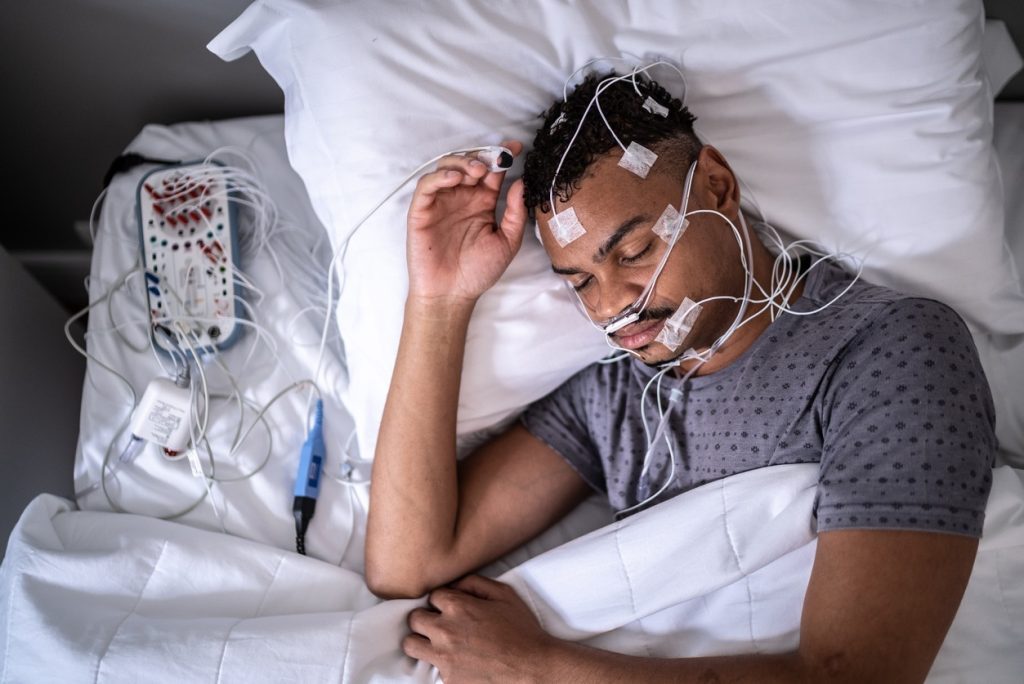Introduction
Excessive daytime sleepiness (EDS) refers to the following symptoms: difficulty in staying alert due to sleepiness, the need for afternoon naps and falling asleep in unusual circumstances such as during work or while driving. EDS is a common medical disorder. In the United States, a study showed that 20% of adults have EDS.
Why is EDS important?
EDS results in poor quality of life and impaired work / academic performance. If you feel too sleepy during daytime, obviously you will not be able to enjoy having lunch or seeing movies with friends. And you will not be able to concentrate on your work. Students who fall asleep during lessons will have difficulty in coping well with examination.
In addition, EDS obviously leads to increased risk or car or work accidents.

What are the causes of falls?
Sleep Deprivation
Insomnia due to any cause (please refer to Article 6 - Insomnia), if persistent enough, can lead to EDS.
Medications
Some medications can cause EDS. Amitryptiline, the medication that helps prevent Migraine headache, is well known to cause EDS.
Obstructive Sleep Apnea
OCSA refers to a medical condition where there is airway obstruction during sleep, resulting in excessive snoring and reduced breathing. The reduction in amount of oxygen supply to the brain causes patients to wake up many times during sleep (without them realizing it), leading to poor quality sleep. As such, OSA leads to EDS.
Neurological Disorders
Parkinson's disease is well known to cause both EDS and Insomnia. These problems are caused by abnormality in regulating sleep rhythm due to Parkinson’s disease.
Emotional Disorders
It has to be emphasized again emotional disorders such as Depression can cause EDS.
When should a patient with EDS consult the Neurologist?
Patients are advised to consult the Neurologist if their EDS affects their daily activities or quality of life.
What will the Neurologist do for patients with EDS?

The Neurologist will perform physical examination, blood tests andCT / MRI brain scan. The Neurologist will also arrange for Sleep study, which is the diagnostic test for OSA. When necessary, the Neurologist will refer the patients to the Psychiatrist.
** Image by freepik
** Image by Drazen Zigic on Freepik

